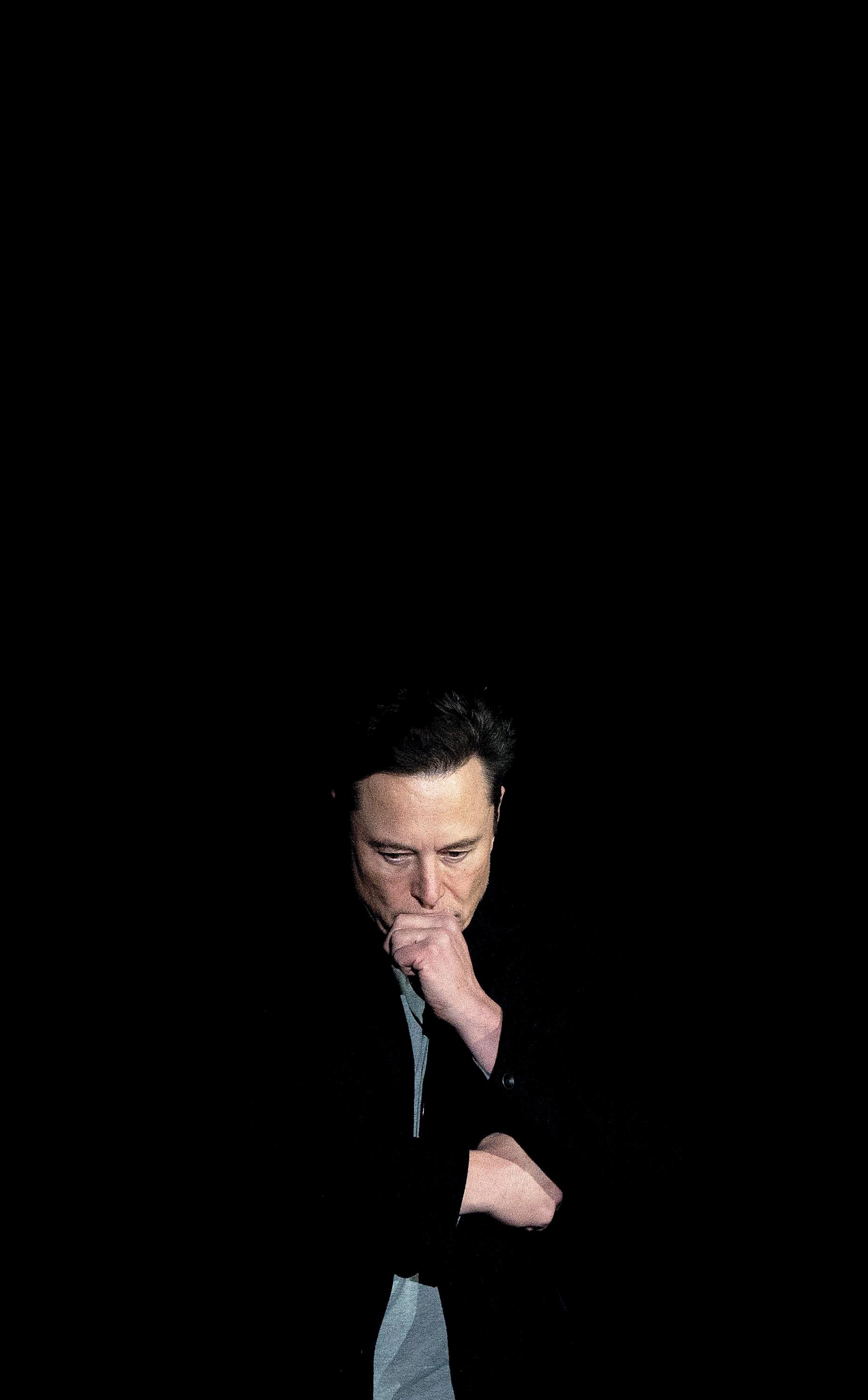Twitter heaven or hellscape?
November 04, 2022
|The Guardian Weekly
Elon Musk, the world's richest man, has finally won control of the media's favourite online platform. Will he press on with his free-speech agenda?

Elon Musk is not buying Twitter to make more money: he's doing it to help humanity. In a message to advertisers last week, the world's richest man said it was important to the future of civilisation to have a "common digital town square". But it's going to cost money, given that Musk has paid $44bn for a social media platform to achieve that aim.
The new business will carry $13bn of debt that helped fund the acquisition, and interest payments on it will need to be met - a tricky task given that Twitter generates more controversy than it does cash. In its most recent results, Twitter reported negative free cashflow (spending more cash to run the business than it takes in) of more than $120m.
"He'll either need to dramatically reduce expenses, or significantly increase revenue, or both," said Drew Pascarella, a senior lecturer on finance at Cornell University in New York state.
Can Musk grow the revenue and expand the number of users - more than 238 million - without alienating advertisers or pushing away the new sign-ups that will help make the platform a truly representative town square? Advertisers will not want to put money behind a fractious, ultra-divisive platform, and would-be Twitter newbies will not want to join it either.
Since he first invested in the company, Musk has sketched out a loose vision for its future: block the spambots, protect free speech and build an "everything app".
The first goal became central to the legal wrangling over the takeover.
When the bid was first announced, Musk cited "defeating the spambots" as one of his core aims.
هذه القصة من طبعة November 04, 2022 من The Guardian Weekly.
اشترك في Magzter GOLD للوصول إلى آلاف القصص المتميزة المنسقة، وأكثر من 9000 مجلة وصحيفة.
هل أنت مشترك بالفعل؟ تسجيل الدخول
المزيد من القصص من The Guardian Weekly
The Guardian Weekly
The Guardian Weekly team's small-screen picks of the year, from nature's wonder to a trip to 1970s Belfast
The final season of Jack Rooke's coming out dramedy Big Boys (Channel 4/Netflix/Apple) was as funny and filthy as its two predecessors.
4 mins
December 19, 2025
The Guardian Weekly
THE YEAR THAT WAS
How closely were you paying attention to the news in 2025? The answers to these questions all appeared in the Guardian Weekly - see how many you can recall
2 mins
December 19, 2025

The Guardian Weekly
COUNTRY DIARY
It has become an annual ritual, the cutting of branches from this shapely holly for a winter wreath.
1 mins
December 19, 2025

The Guardian Weekly
PAINT IT ORANGE HOW A CHARITY TURNED ANGER INTO COMMUNITY PRIDE
Dashing through the snow with Father Chris... It does not get any more seasonal, even if it feels like there might be a final syllable missing.
2 mins
December 19, 2025

The Guardian Weekly
EVERDAY HEROES
From a woman speaking out against state violence to a journalist killed in Gaza, here are some of the brave people who made a real difference in 2025
10 mins
December 19, 2025

The Guardian Weekly
A Trumpian Kennedy Center is warning to all cultural institutions
Into the pale stone wall of the Kennedy Center, above its elegant terrace on the edge of the Potomac River, are carved bold and idealistic sentiments.
3 mins
December 19, 2025

The Guardian Weekly
THE INTERREGNUM
Confronted with the 'mobster diplomacy' of Donald Trump, the world finds itself in a transitional moment as the rules-based global order, its institutions and value system face a crisis of credibility and legitimacy
12 mins
December 19, 2025

The Guardian Weekly
Albums
From unspooling love to decadent fun, our critics' picks of the year's finest LPs
10 mins
December 19, 2025
The Guardian Weekly
A PARIS SPRINGBOARD
The decade since the 2015 climate accord has been bruising for activists and the planet. Some experts insist progress is being made-but is it really enough?
6 mins
December 19, 2025

The Guardian Weekly
Tragedy foretold How the rise in antisemitic incidents led to Bondi attack
Shortly after the mass shooting targeting Australia’s Jewish community last Sunday, Rabbi Levi Wolff of Central Sydney Synagogue told reporters that “the inevitable has happened now”.
3 mins
December 19, 2025
Translate
Change font size

